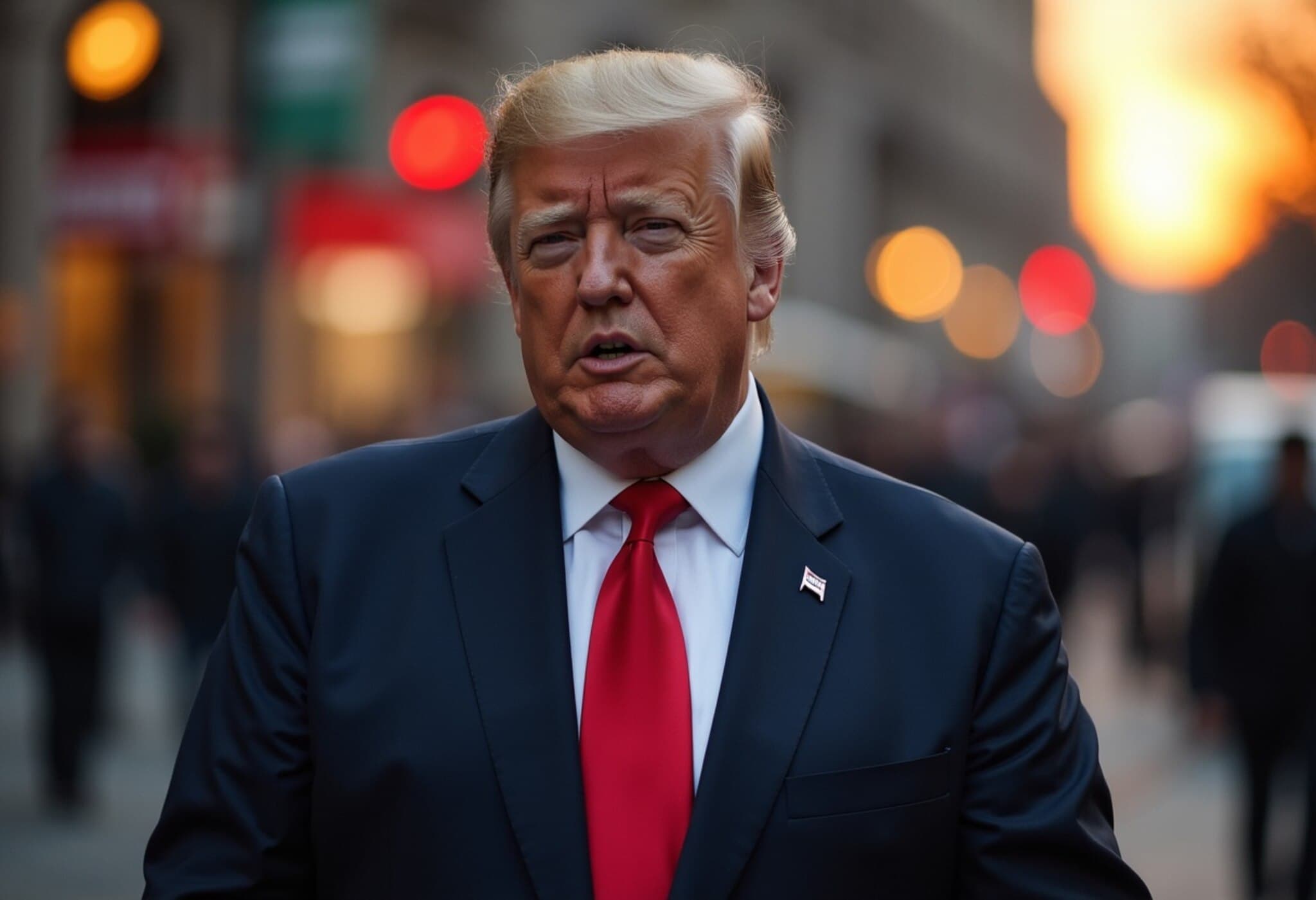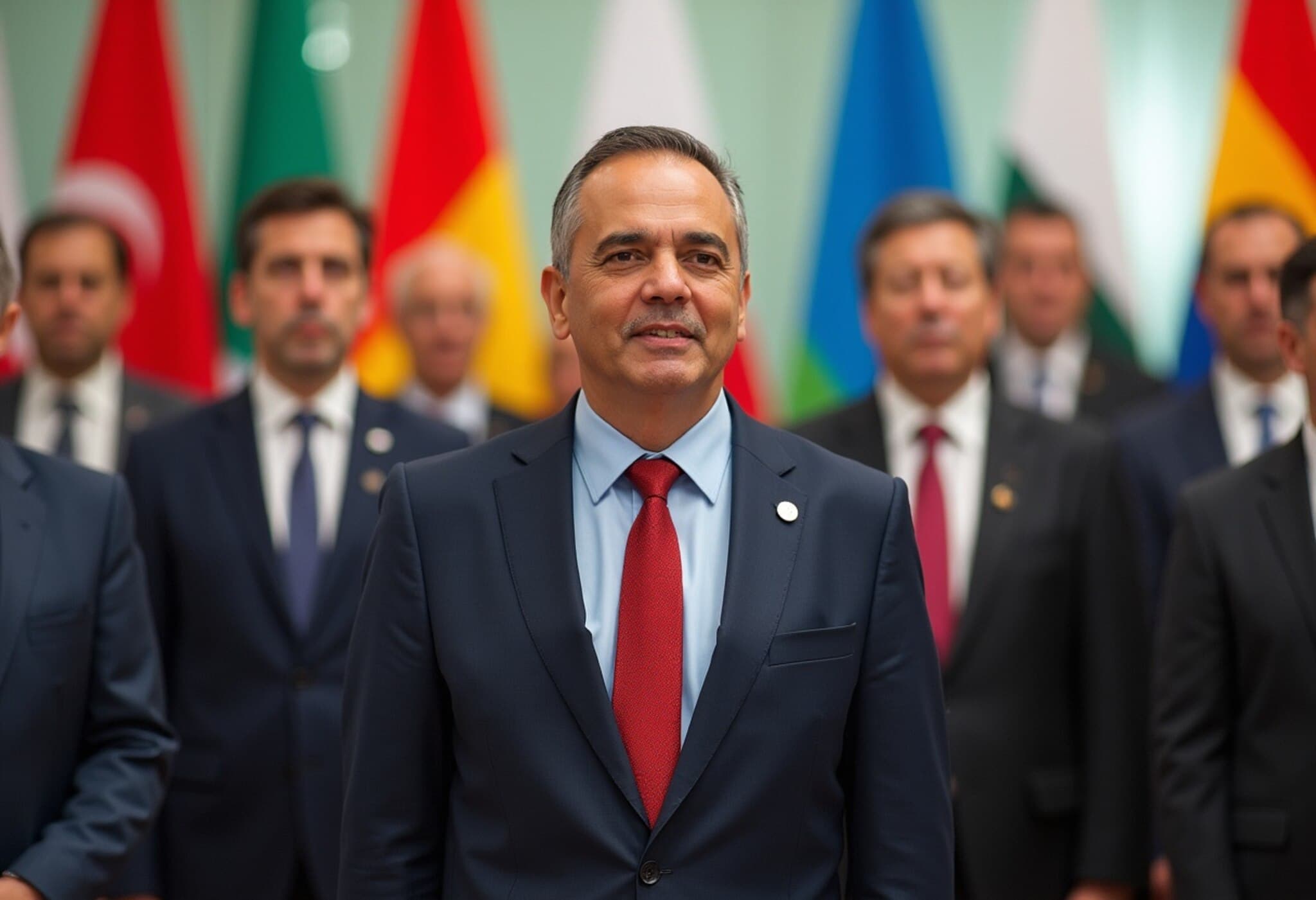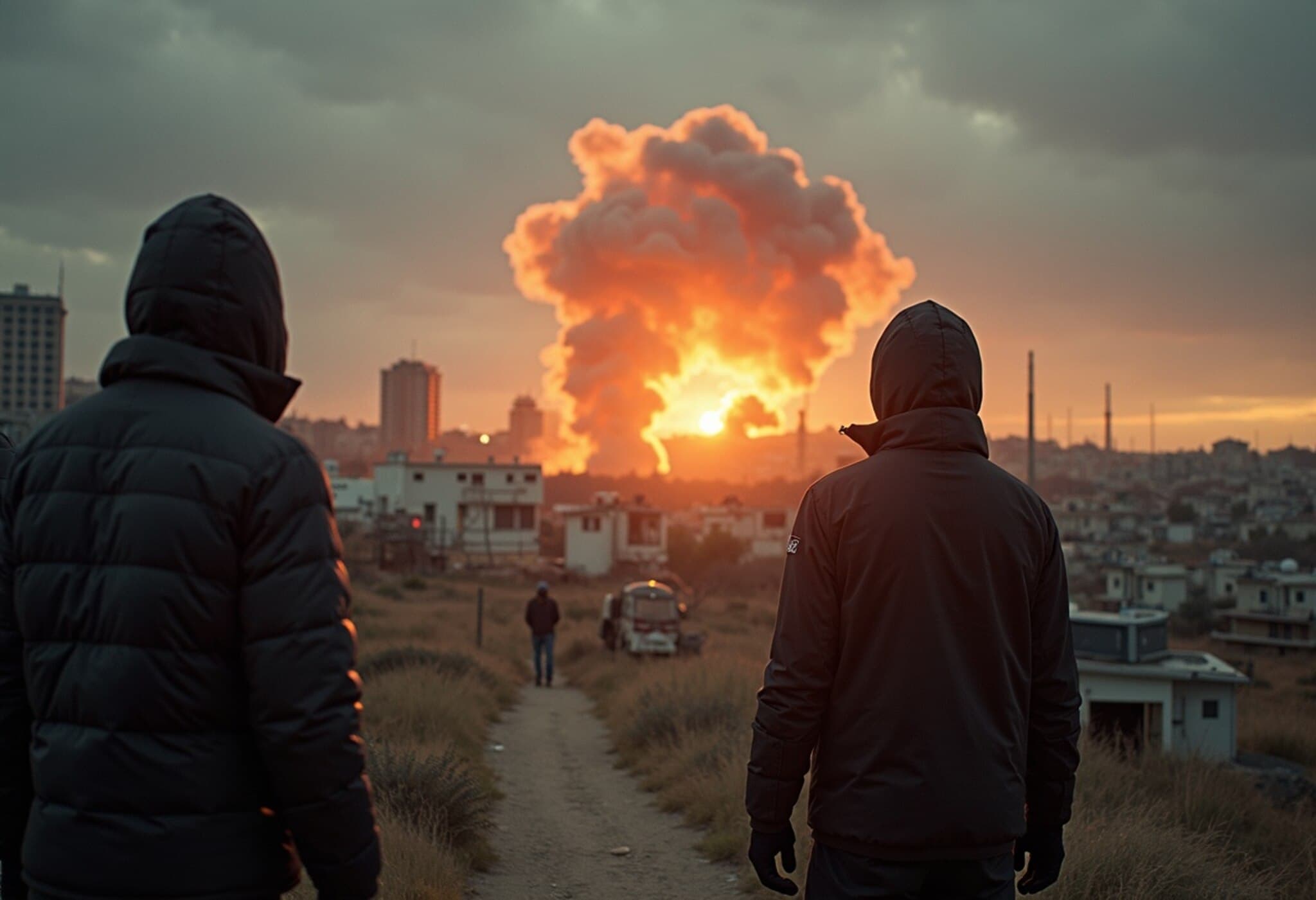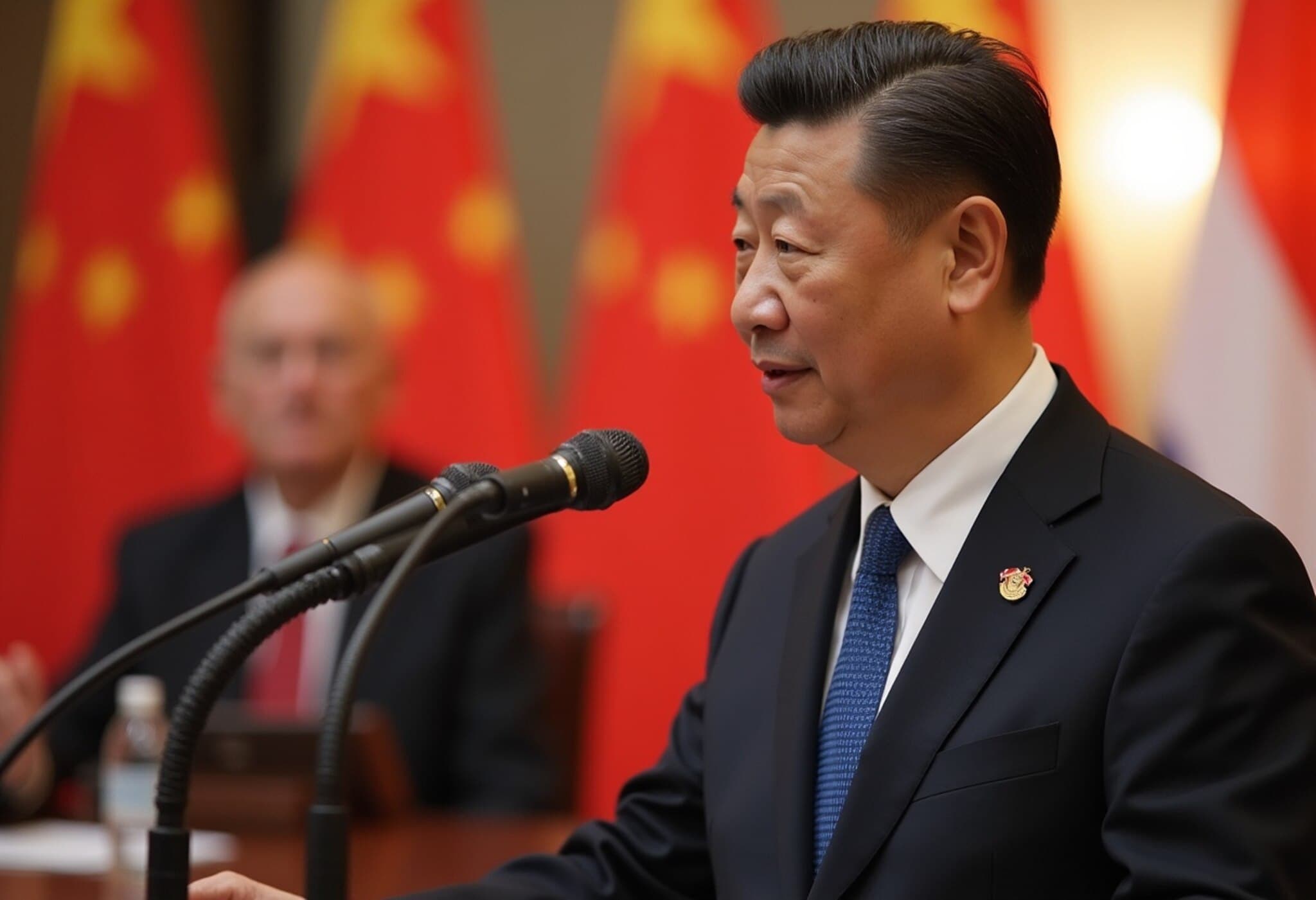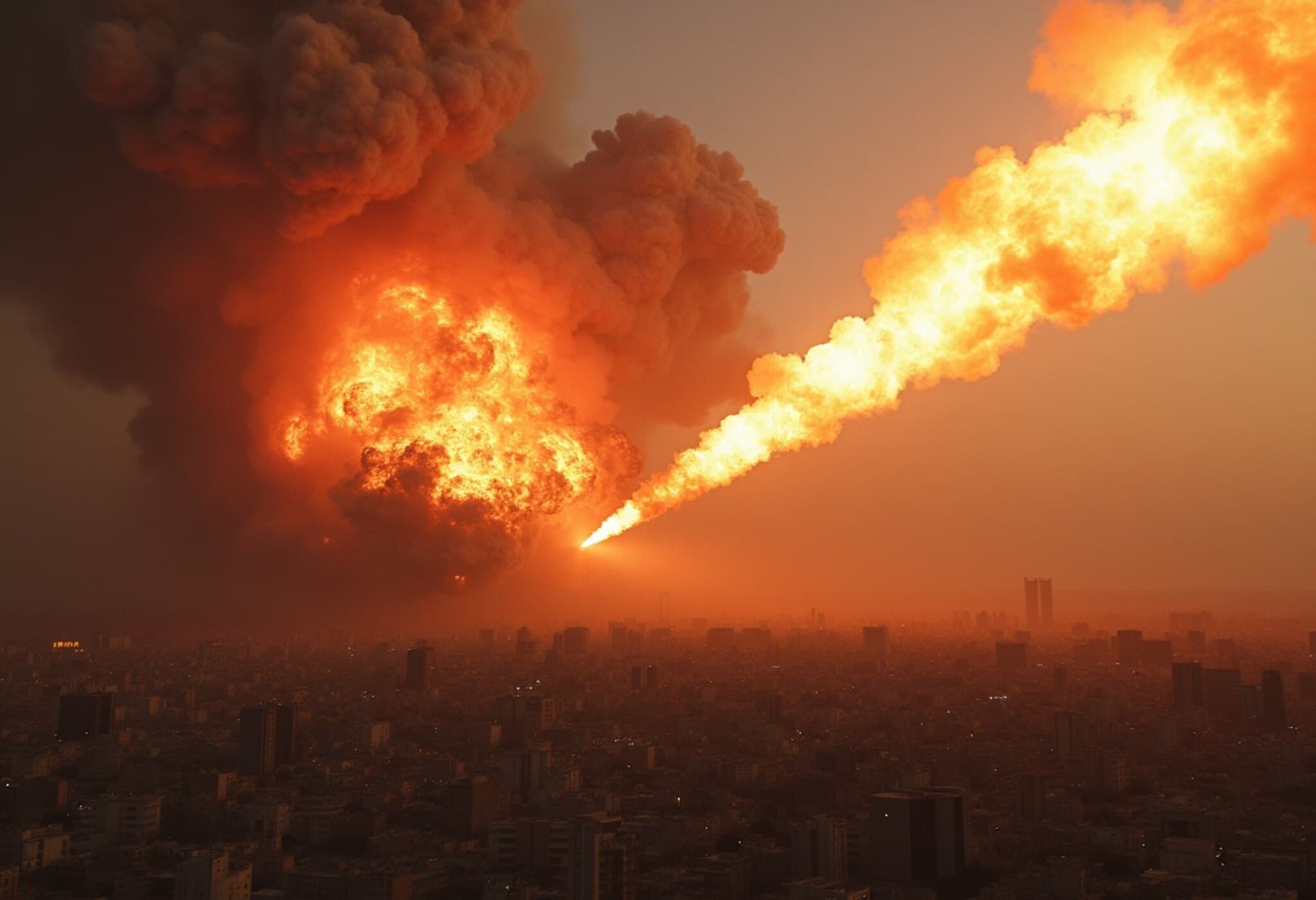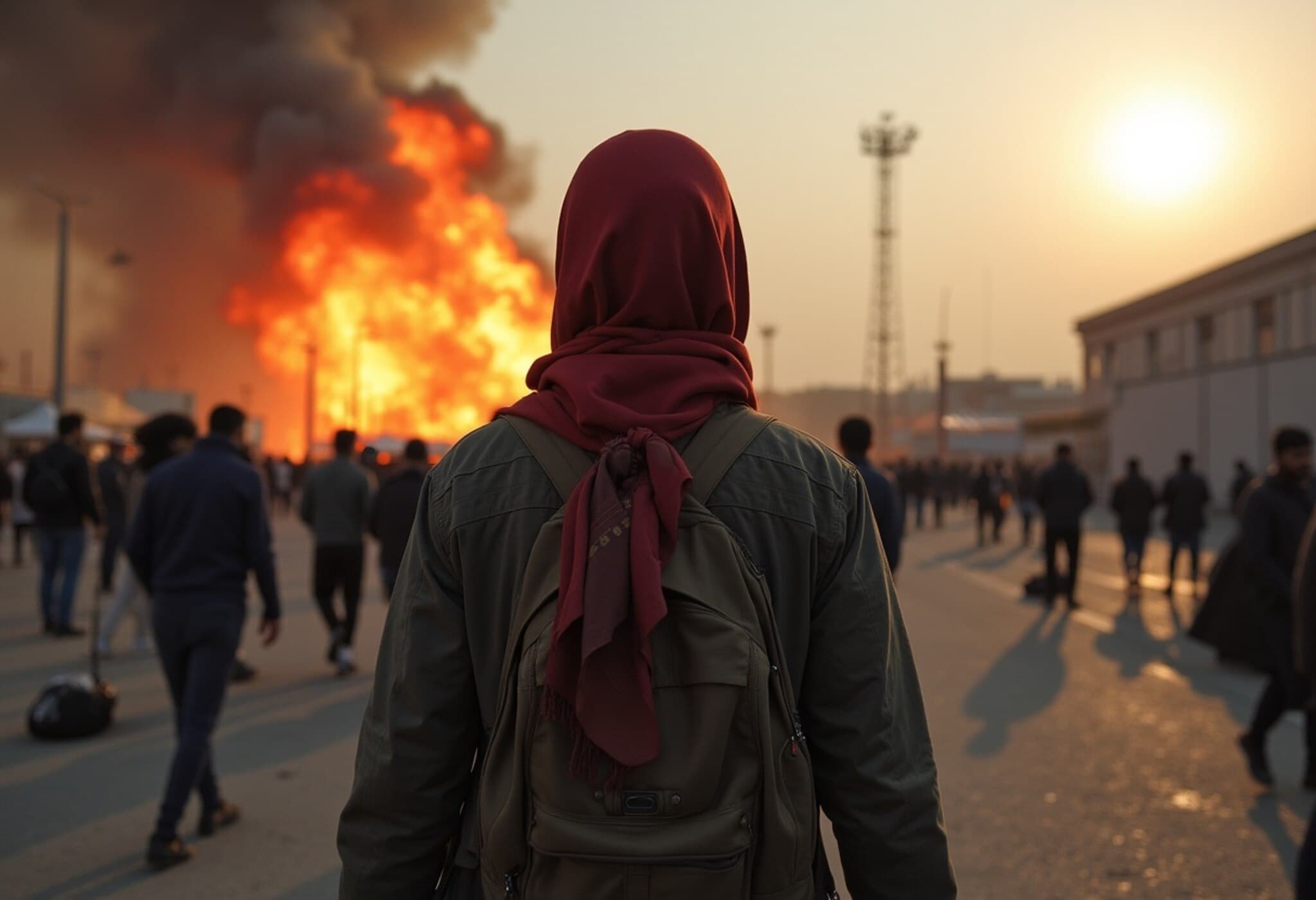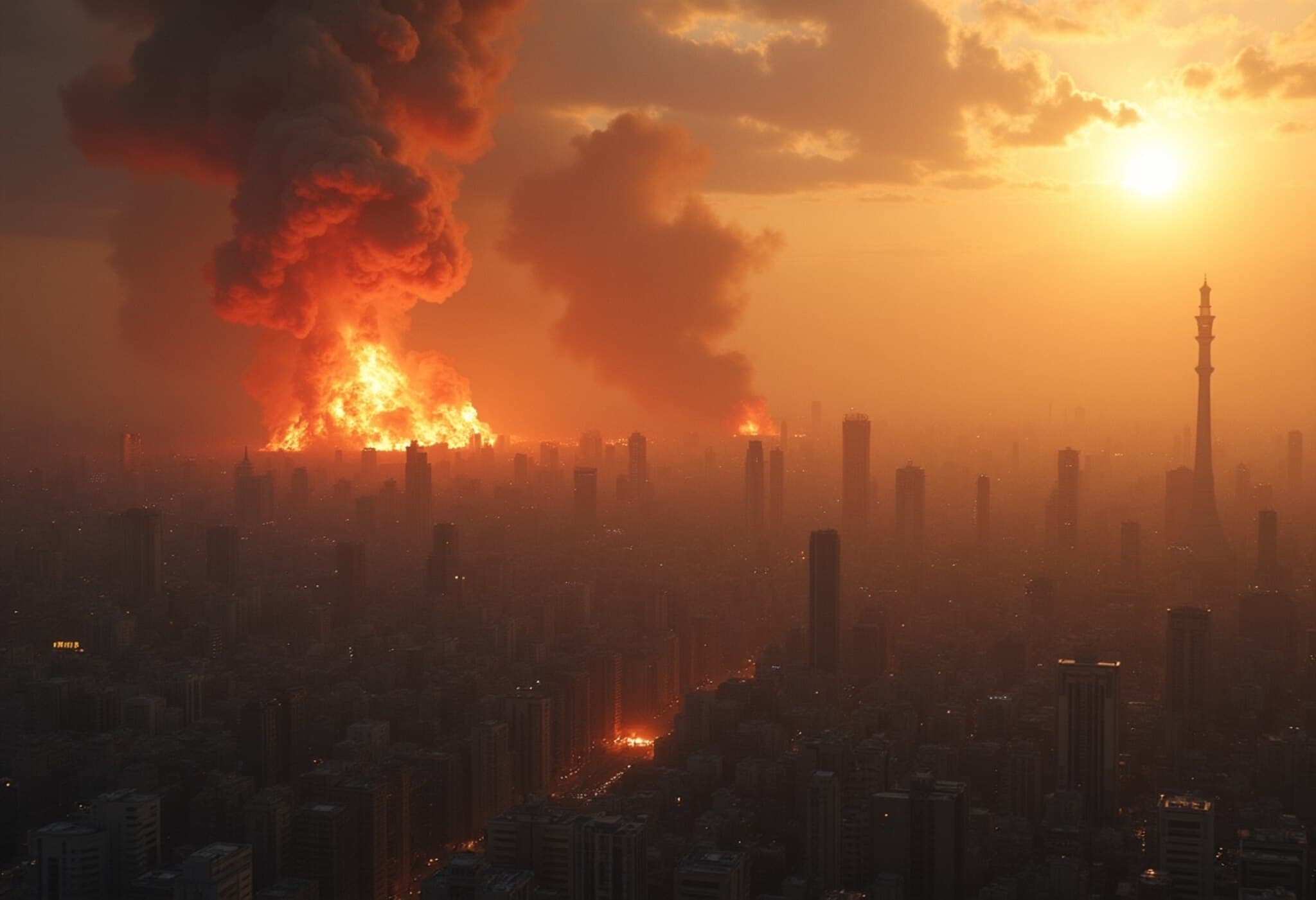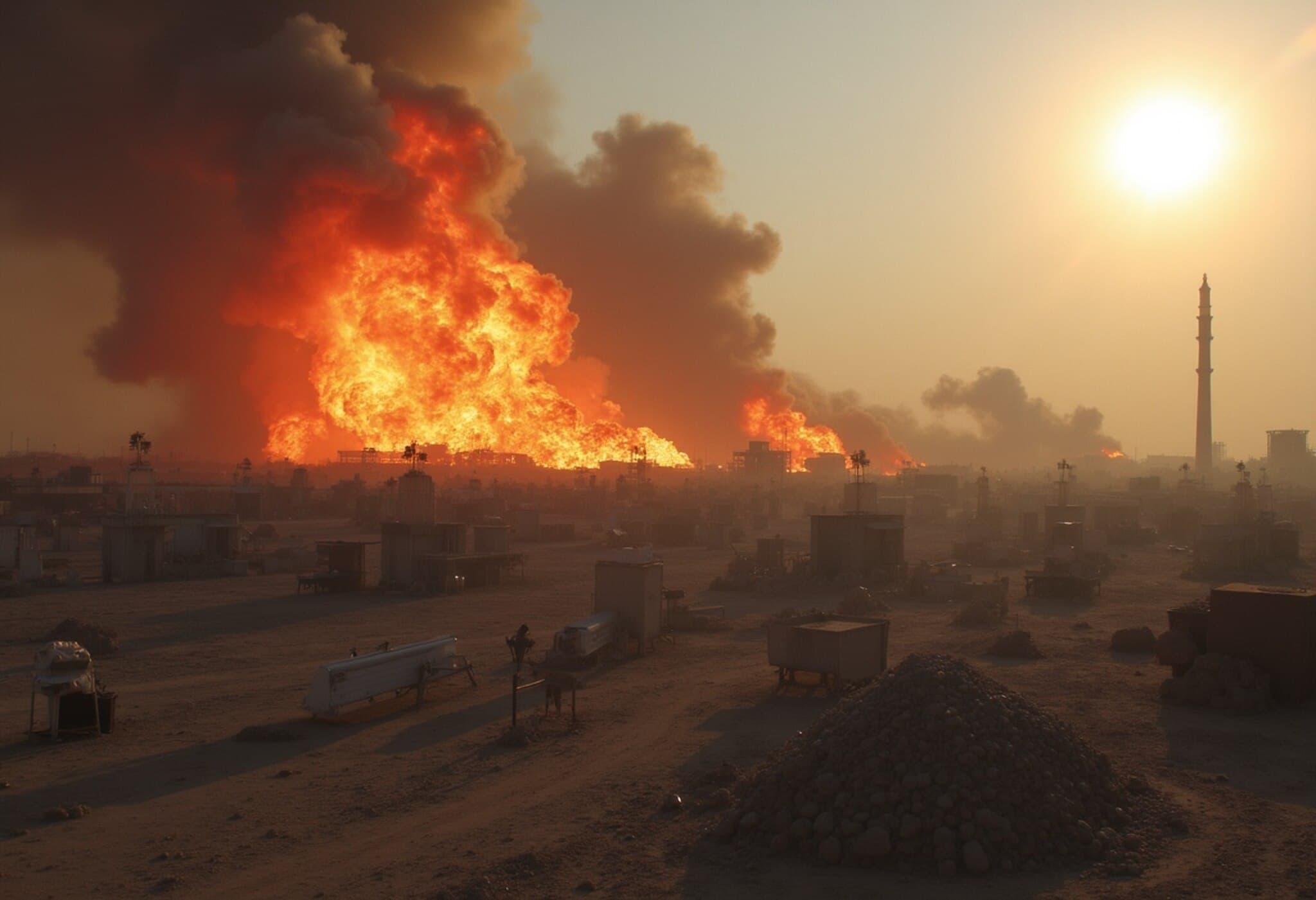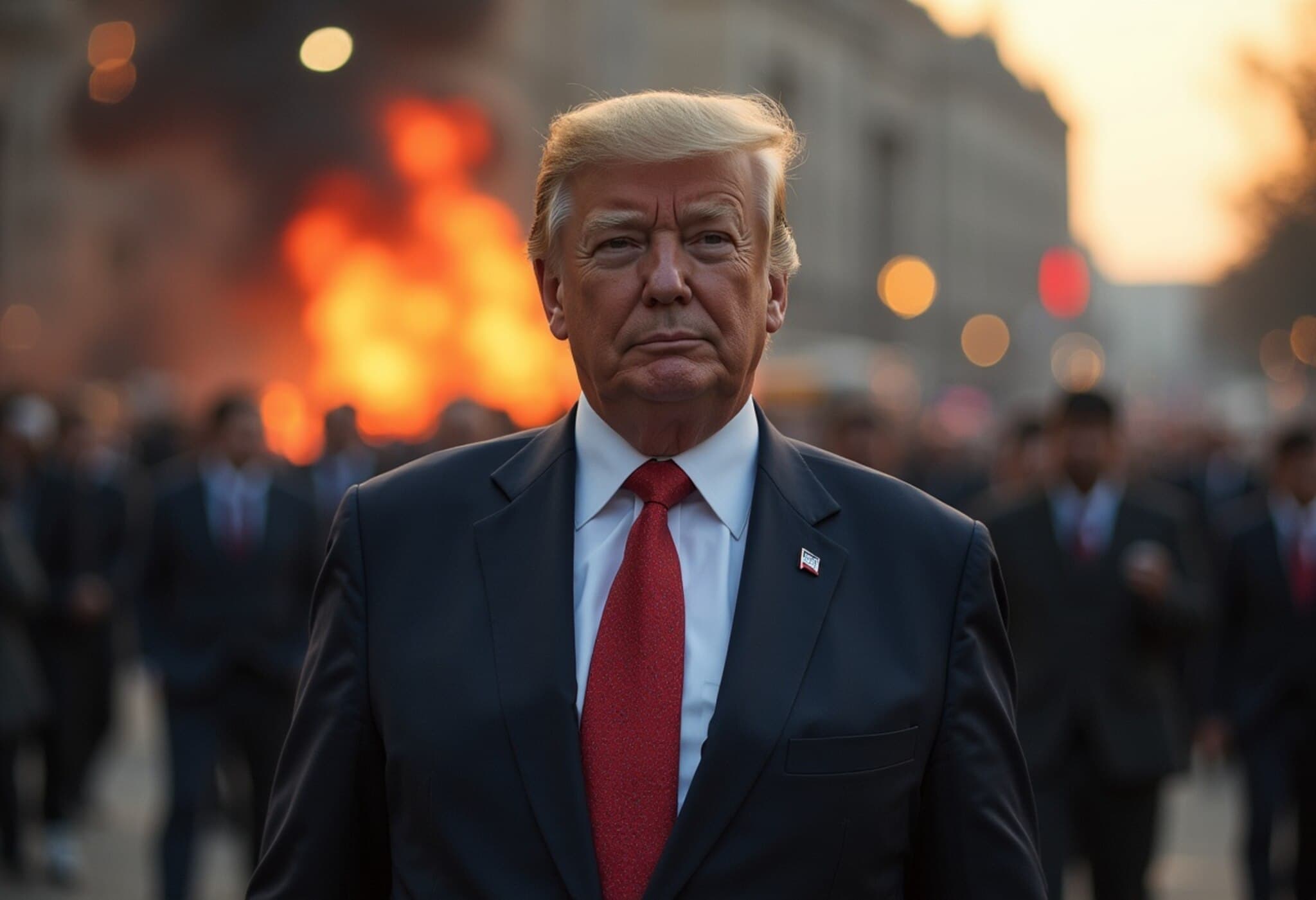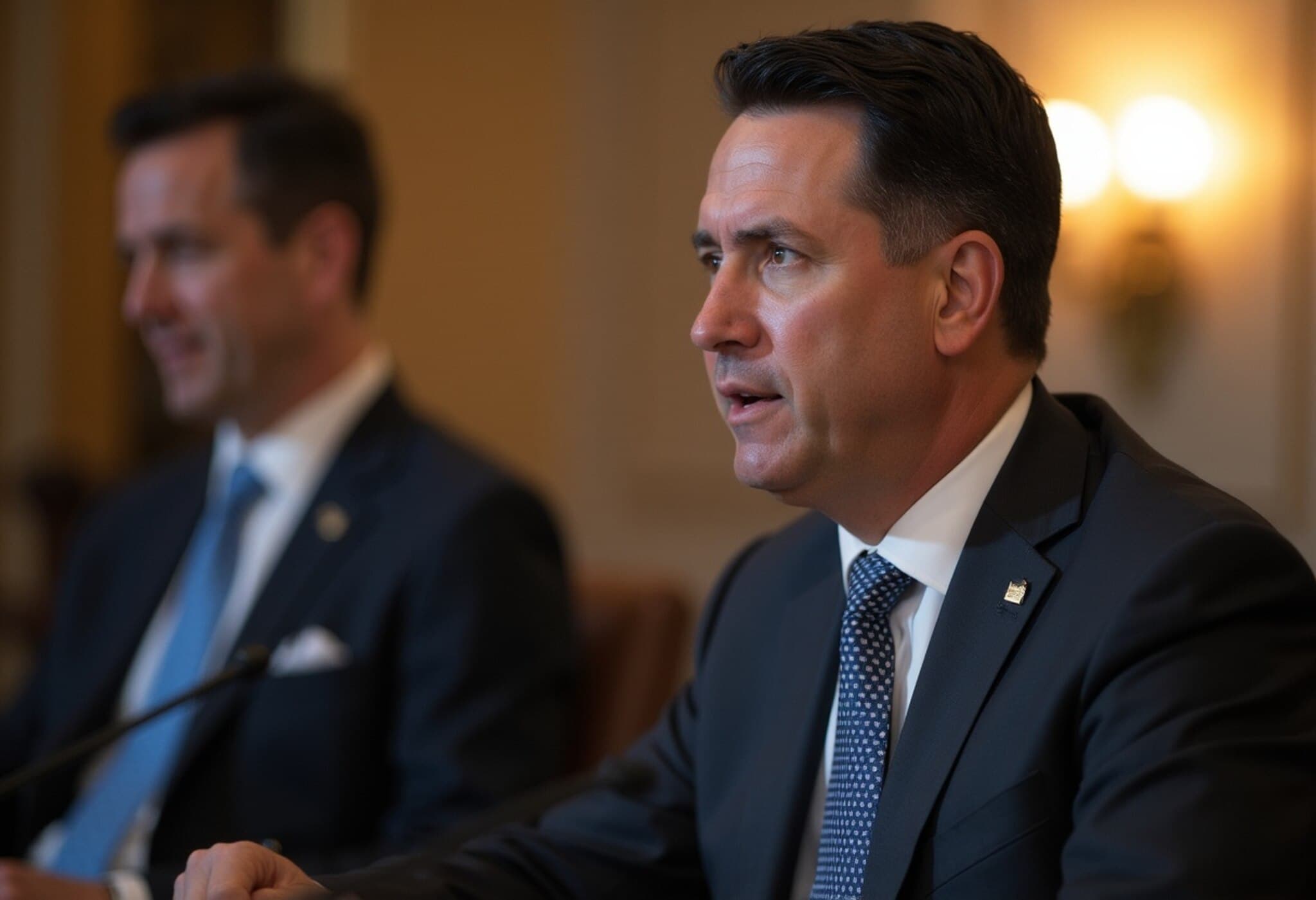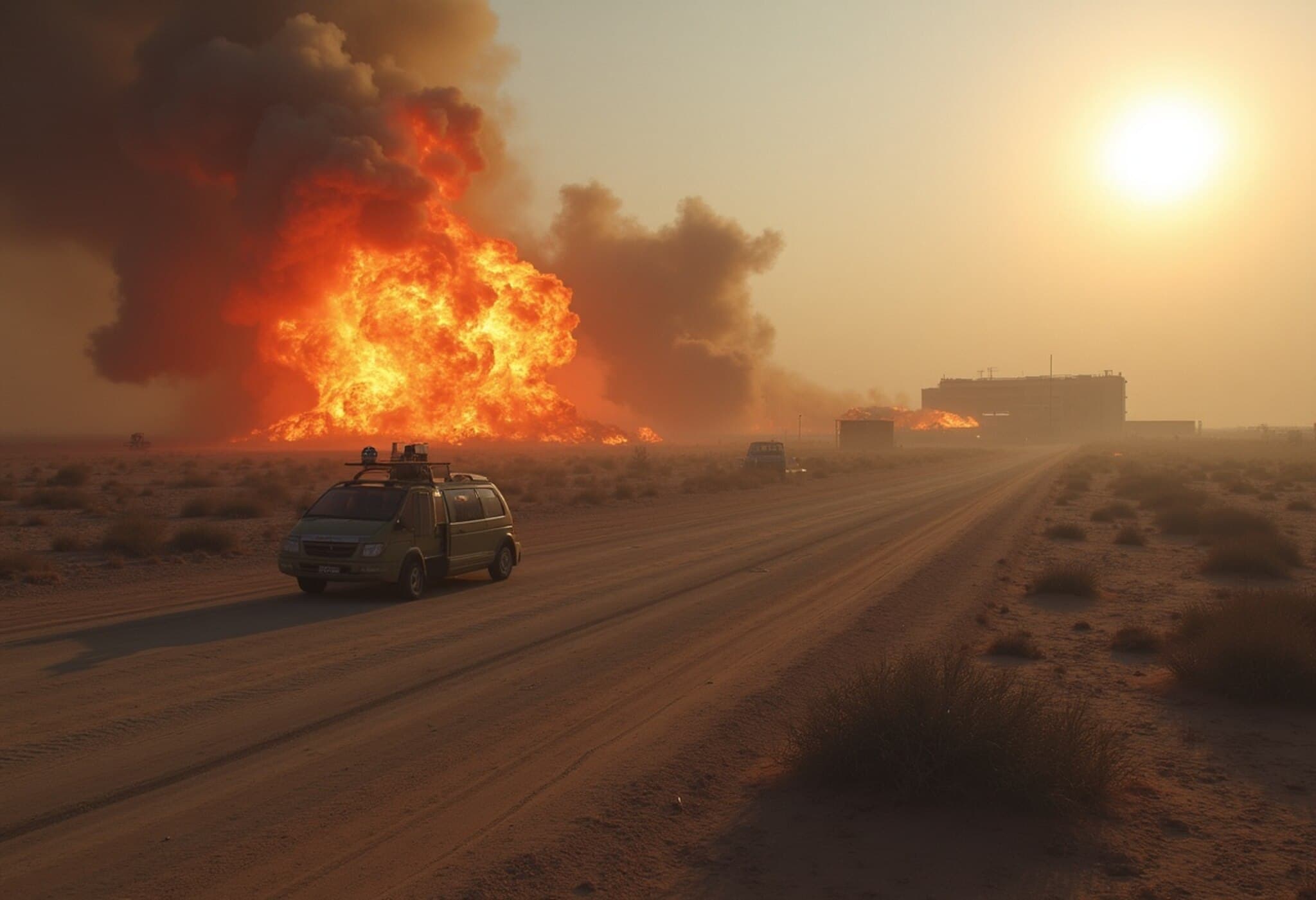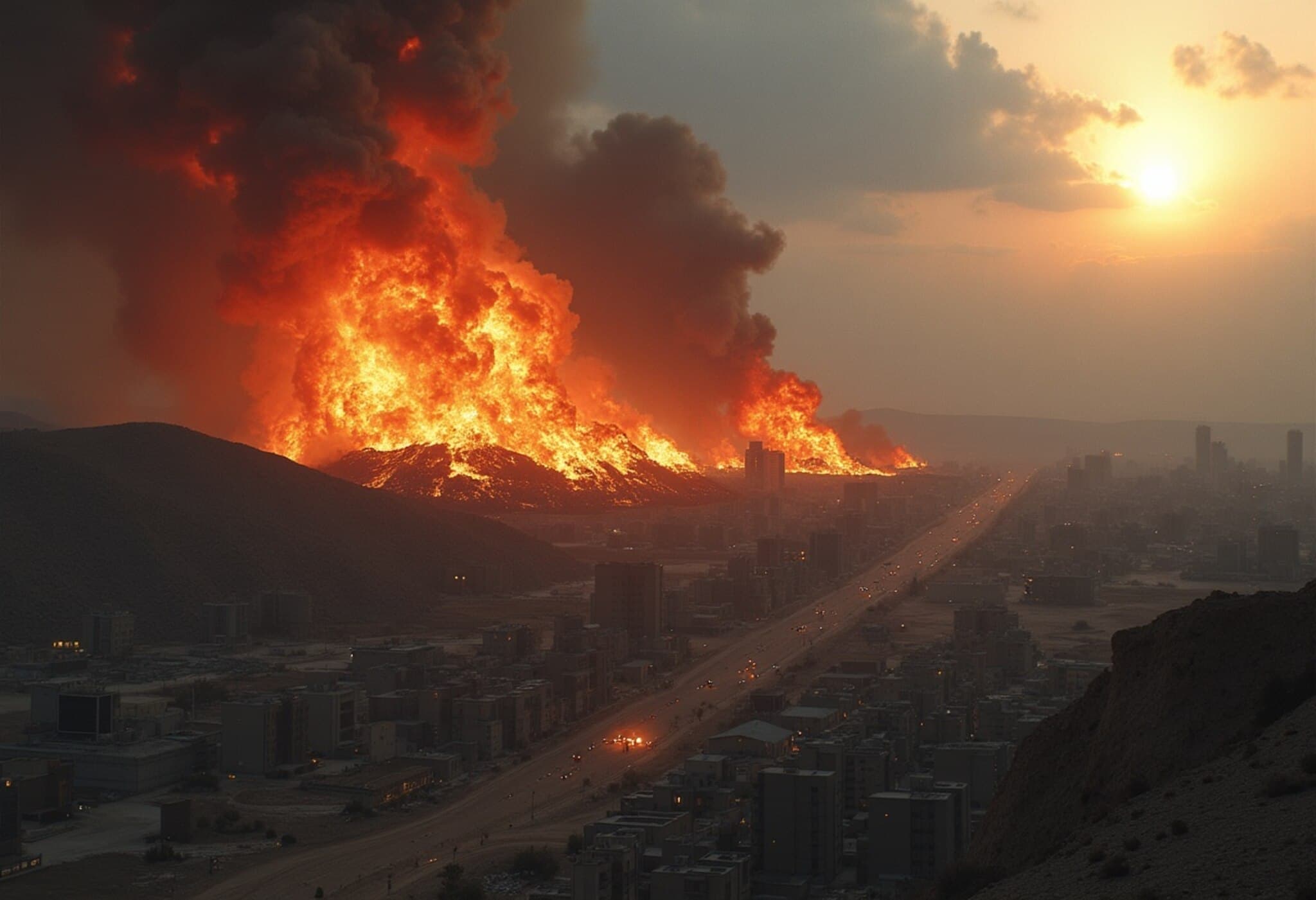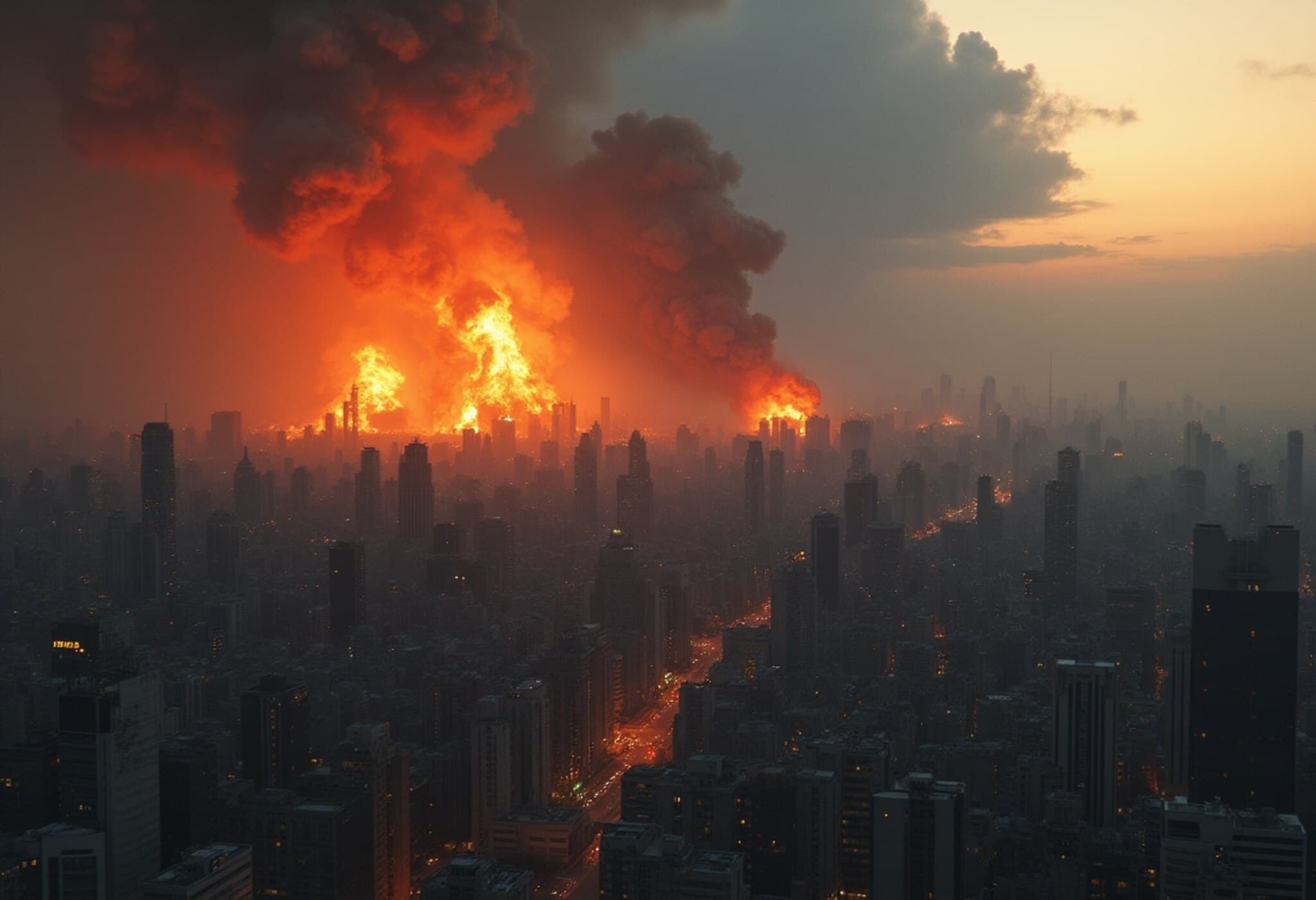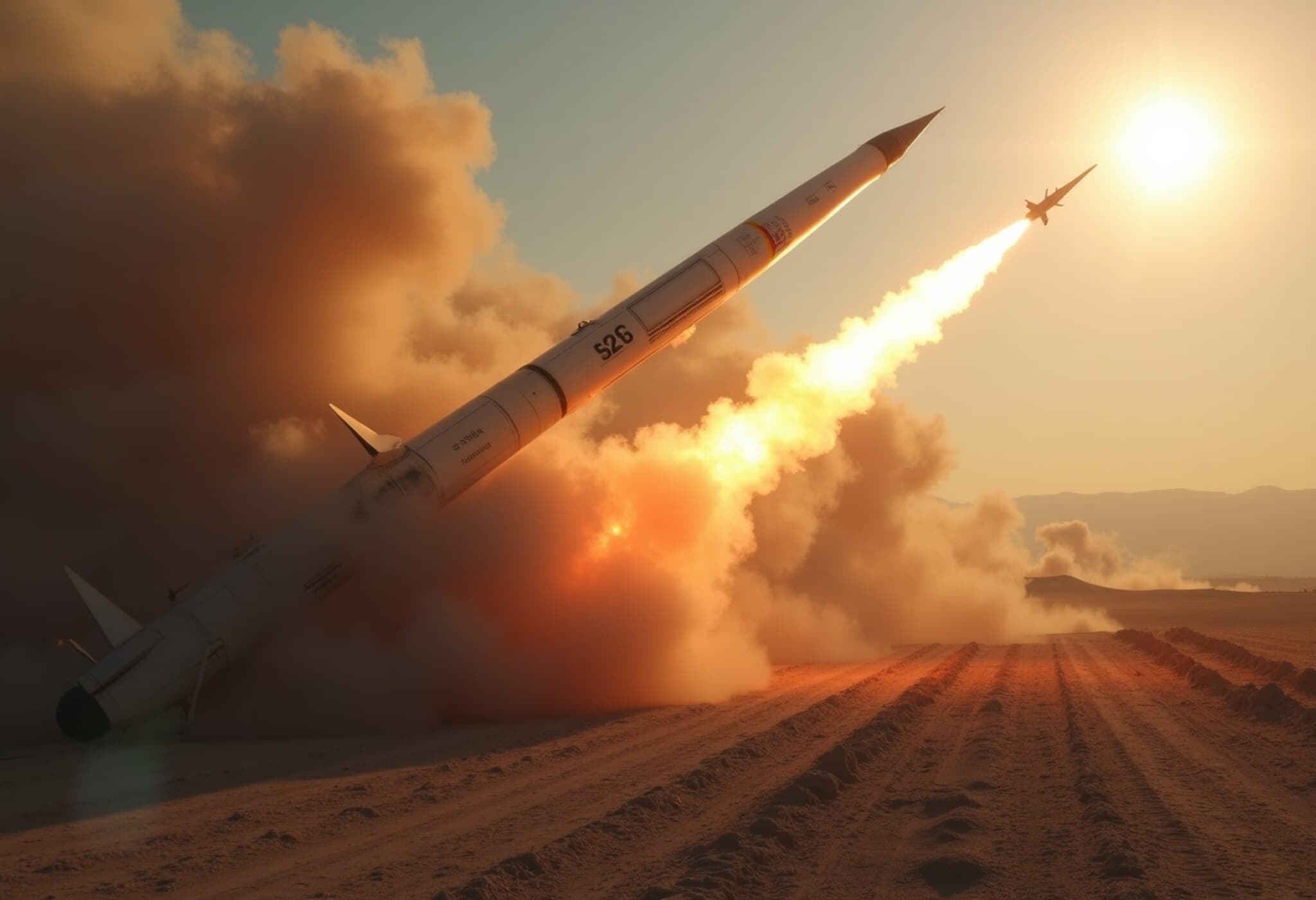Trump Reaffirms US Strike Impact on Iran's Nuclear Sites
During the NATO Summit in The Hague, former US President Donald Trump reiterated his assertion that recent airstrikes on Iran’s nuclear facilities were a "devastating attack" that significantly disrupted the country's nuclear ambitions. Trump emphasized that the strikes "knocked them for a loop," insisting that Iran’s nuclear program has been set back by "decades" and describing the blow as severe enough to have made Iran "go through hell."
Israel Cautiously Evaluates Damage as Too Early to Confirm Outcome
Contrasting Trump’s strong claims, the Israel Defense Forces (IDF) have urged caution, stating it is still "too early" to fully assess the extent of damage caused by the coordinated US and Israeli airstrikes. IDF spokesperson Brigadier General Effie Defrin explained that although all mission objectives were achieved, ongoing evaluations are needed to determine the precise impact on different segments of Iran’s nuclear program.
Defrin added that the strikes are more likely to have delayed Iran’s nuclear efforts by several years rather than completely obliterated their capabilities.
Insights From US Defense Intelligence
Recent reports indicate that Pentagon intelligence concluded the airstrikes did not fully destroy critical elements like centrifuges or Iran’s enriched uranium stockpiles, but have set the program back by a few months. These findings have prompted some skepticism about the initial claims of total elimination.
Official Responses and Disputed Reports
Responding to leaked intelligence assessments, Secretary of State Marco Rubio criticized the information as stemming from unauthorized leaks and political gamesmanship. Rubio highlighted that the key "conversion facility" essential for producing nuclear weapons was targeted and rendered inoperable, though he withheld specifics on its location.
Call for Renewed Diplomacy and Inspections
Amidst the uncertainty surrounding the current state of Iran’s nuclear program, Rafael Grossi, head of the United Nations’ International Atomic Energy Agency (IAEA), emphasized the importance of diplomacy. He urged that IAEA inspectors return to Iran to engage directly with its leadership, underscoring that technological and industrial capabilities remain intact regardless of recent setbacks.
Grossi cautioned against focusing solely on the timeframe of delays, whether months or years, and called for a lasting agreement that addresses nuclear proliferation concerns in a sustainable way.
Conclusion
The recent airstrikes have injected new complexities into the already tense dynamics of Iran’s nuclear ambitions. While US leadership touts the operation as a decisive blow, Israeli officials and international observers recommend patience, emphasizing measured assessments and diplomatic avenues moving forward.

